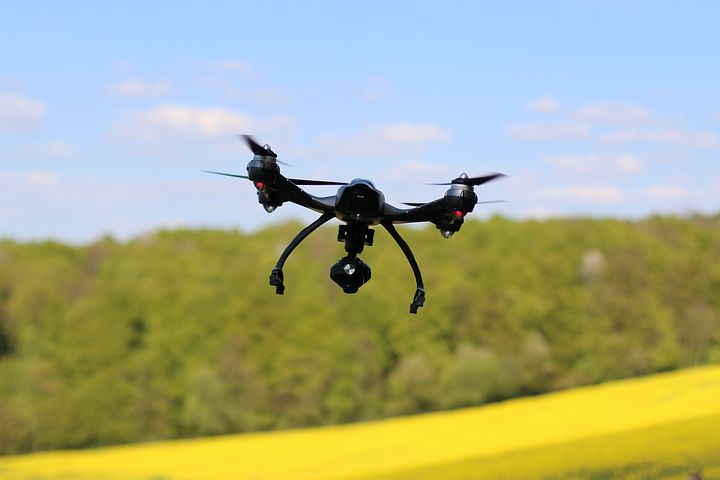
Is Drone Flying the New Penmanship?
A couple of recent news articles suggest the growing role of drones in our lives and scholarship.
From the New York Times we learned that a lot of people received drones for holiday gifts–about 1.2 million in the US alone. But it seemed that a lot of dads lack any skill in flying them. The Times describes a growing number of reports, tweets, and Nextdoor posts, that describes the ways dads across the country crashed or lost their kids new drones.
NBC News reported on the ways in which marine scientists use drones to track and record whale behavior. Using drones equipped with petri dishes and cameras, scientists are able to collect DNA and other biological samples as well as film behavior without themselves floating nearby and influencing that behavior.
Pairing these two stories leaves us with a sense of the ways that drones have begun to help us explore and understand our world in new and important ways. But many people (at least men) over a certain age generally lack the manual dexterity to fly them. More significantly, lacking familiarity with the tools, we may not think to employ them to identify and answer research questions.
As a man over a certain age, myself, I already struggle with the PS3 and xBox controllers (whose influences have already been felt in a range of areas from surgery to submarines). Drones seem like an evolution of console games and a logical next step. As an educator, I feel responsible for insuring that my students know how to navigate their world with the best, most appropriate tools available to them. These may include pen and paper, library catalogs, scholarly publications, but, also, drones, mobile apps, and more.
I want to remain aware of when I teach students to approach questions only with the tools that I used when we were students. While continuing to find and learn new content, I also need to commit myself to learning new skills and techniques.
I need to fly drones.
